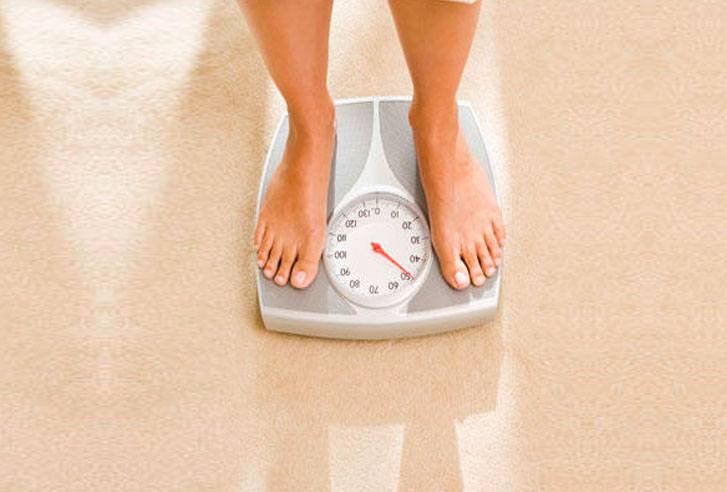As we head into the holiday season, many of us start to worry about the dreaded seasonal weight gain that comes with parties, get-togethers, and festivities. The newest fad diets like Keto, Paleo, and others promise ways to “kick start” your metabolism and lose unwanted pounds while eating all the things you love, but the truth is that watching your caloric intake is still the simplest and most effective science behind weight loss.
Take the following example of a typical patient: Now 40 years old, this female patient has gained 25 pounds in the last two years. As we discuss her weight gain, she offers this…
“I’m going to go back to the gym. I stopped exercising the last two years.”
“You know,” I say, “You can exercise till you’re blue in the face and still not lose weight.”
“It’s all about ratios. Lumberjacks work all day and, even though they consume an exceedingly large number of calories, they still lose weight. That’s because they are spending HOURS burning calories. It’s estimated that human beings need to burn, or shed, 3,500 calories to lose one pound of weight. An average person, who weighs 185 pounds and walks on the treadmill for 30 minutes at 3.5 miles an hour, burns about 150 calories. That’s the equivalent of 2 slices of bread. If they did this every day and made no other changes, it would take more than 23 days to lose a single pound. For weight loss to be significant and steady, you’ve got to do more.”
“So,” I ask, “Are you planning to exercise three to four hours a day like the Rock, (Dwayne Johnson)?”
“No, Doctor! Are you kidding?”
“Well, if you, like all of us regular mortals, only exercise 30 minutes to an hour a day, you will only increase your appetite. A motivated patient said it best: weight loss is 20% exercise and 80% diet.”
“But I am dieting, Doc. You should see what I eat for breakfast – a slice of bread and a cup of coffee. And I stopped eating lunch.”
“So how did that work for you,” I asked. “Did you lose any weight?”
“Not really.”
“In my experience, when people essentially eat one meal a day, they get awfully hungry by dinnertime. They end up eating all the calories they would normally eat over a 24-hour period and perhaps some extra. In animals, studies show that if they are fed all the calories, they would normally eat in 24 hours at one sitting, they gain weight. In humans, eating one meal a day is associated with increasing cholesterol and insulin. One can easily assume that this is not a good thing.”
“Okay, Doc. So what kind of diet should I start?”
“The diets out there that work all have one thing in common – a decrease in the number of calories you consume each day. The trick, of course, is sticking with it. I personally prefer the diets that teach you how to eat and help you supervise yourself as opposed to programs that serve you special food. They both work, but once you get tired of paying for the pre-portioned or scientifically enhanced food, you are right back where you started.”
“Yeah, Doc. I’m going to stop eating meat. I’m going to become a vegetarian.”
“While vegetarianism is a perfectly valid lifestyle, when you suddenly stop eating meat, chicken, and fish, you usually replace those calories with carbohydrates. And increased consumption of carbohydrates is the main cause of the obesity epidemic in the United States and contributes greatly to Type 2 Diabetes.”
“Gee now, Doc. I am so confused. What should I do?”
“It’s simpler than you think.” I said. “When I wanted to lose 10 pounds a few years back, I put myself on a 1200 a day calorie diet and I counted calories using a calorie book. Now, there are plenty of apps that you can download on your phone that can make that same task a lot easier. The trick, of course, is to stay with it.”
Calories in being less than calories out is still the “secret” to weight loss. Everything else – low fat, low salt, zero sugar, etc. – is all about reducing the risk of other health problems like high blood pressure and high cholesterol. The calories that cause weight gain and weight loss can, and do, come from everywhere.
Dr. Lupu is board-certified in internal medicine and geriatric medicine. He is also a fellow of the American College of Physicians. Dr. Lupu is committed to elevating the practice of medicine at both the local and national levels.



